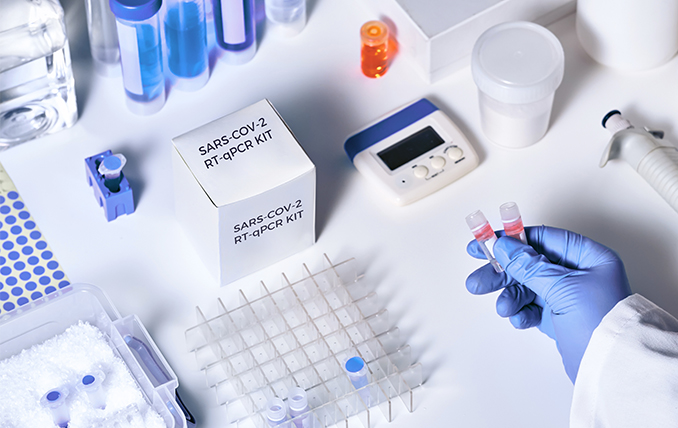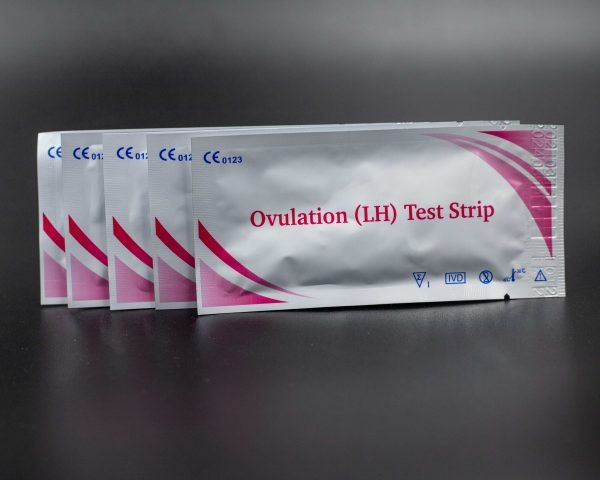Category

Popular Products
-
 Borax
Borax
KSh 1,200.00Original price was: KSh 1,200.00.KSh 1,000.00Current price is: KSh 1,000.00. -
 Human Skeleton
KSh 4,500.00 – KSh 14,300.00
Human Skeleton
KSh 4,500.00 – KSh 14,300.00
-
 Bedside Locker
Bedside Locker
KSh 16,500.00Original price was: KSh 16,500.00.KSh 15,400.00Current price is: KSh 15,400.00. -
 Manual Resuscitator
Manual Resuscitator
KSh 4,500.00Original price was: KSh 4,500.00.KSh 3,600.00Current price is: KSh 3,600.00. -
 CBR swell Tripod
CBR swell Tripod
KSh 35,000.00Original price was: KSh 35,000.00.KSh 32,000.00Current price is: KSh 32,000.00.
Latest News









On Sale Products
-
 CBR swell Tripod
CBR swell Tripod
KSh 35,000.00Original price was: KSh 35,000.00.KSh 32,000.00Current price is: KSh 32,000.00. -
 Sodium Alginate Extrapure 250g
Sodium Alginate Extrapure 250g
KSh 19,500.00Original price was: KSh 19,500.00.KSh 15,950.00Current price is: KSh 15,950.00. -
 FOIF RTS102 Total Station Complete
FOIF RTS102 Total Station Complete
KSh 680,000.00Original price was: KSh 680,000.00.KSh 650,000.00Current price is: KSh 650,000.00. -
 Biospy Needle
Biospy Needle
KSh 3,800.00Original price was: KSh 3,800.00.KSh 3,500.00Current price is: KSh 3,500.00. -
 Biohazard Box 5ltrs
Biohazard Box 5ltrs
KSh 300.00Original price was: KSh 300.00.KSh 250.00Current price is: KSh 250.00.


In vitro diagnostic tests have made it possible to accurately identify the specific microorganisms that cause disease and to perform additional testing to guide treatment selection. As such, diagnostic testing kits have become essential for diagnosing and monitoring disease, providing prognoses, and predicting treatment outcome. The global diagnostic market continues to grow, at a rate of 15% per year, and it forecasts to keep growing with the recent emergence of at-home diagnostic kits.
What Are Diagnostic Kits?
A diagnostic test is a medical test that is performed to diagnose or detect a specific disease or condition. This is in contrast to prognostic tests that predicts the likelihood of developing a disease or specific likely events happening during the course of that disease. These tests often come as pre-packaged test kits, which typically contain reagents and other items necessary to conduct the test to detect the presence of or to measure the levels of a given biomarker. These kits can also provide genetic information regarding mutations, deletions, and other abnormalities. Kits that test for genetic markers are often designed based on a newly discovered link between a patient genotype and the disease phenotype. Companies like Labsoko and Bridgewell Scientific are some of the leaders in the diagnostic kit market in Kenya.
Kits serve a variety of purposes and provide clinicians with a wide range of information, including the likelihood of a patient developing a complex disease over time, such as cancer, heart disease, and diabetes. In effect, these kits allow the physician to advise practical changes in lifestyle that may minimize future health risks or maximize preventative medical care. In addition to diagnosing disease, testing can also help determine the optimal course of treatment, specific to the patient in question. This includes more comprehensive diagnostic tests that can evaluate samples on the genomic level and can be used to analyze multiple genetic factors.
As such, diagnostic kits can serve various purposes:
- Diagnostic: These tests are used to confirm when a person has signs or symptoms of a genetic disease.
- Predictive: A predictive test is used to search for genetic mutations linked with a specific condition, and indicates a person’s propensity to develop a disease before any symptoms are present. Moreover, complementary predictive diagnostic testing may provide information about how useful a therapeutic treatment may be in treating disease, but is not required to prescribe the drug, whereas companion testing is needed to prescribe it.
- Presymptomatic: Presymptomatic tests are similar to predictive tests. These tests are used to determine risk for genetic conditions already known to be present in their family but show no symptoms.
- Pharmacogenomic: Pharmacogenomic screening is a type of genetic test that may indicate a person’s response to certain types of drug treatment. This is still only available for a limited number of drugs, including Warfarin and Tamoxifen.
Related
Written by labsoko

Testimonials

Mount Everest Clinics
We have been purchasing products from labsoko for the past few months, and we can attest that they supply quality products with very professional approach.

Dr. Stela
Thank you labsoko, you are God sent, it has become easy for us to order our hospital's equipment's and get delivered on time. Asanteni!!!

St Michaels High Scool
All our lab equipments have been restocked from labsoko.com website. We were recommended by a lab technician to you and all we can say is that YOU DELIVER. Keep it up guys
Latest Products
-
 Smart2Pure™ UV/UF 12 ltrs Water Purification System
KSh 2,500,000.00
Smart2Pure™ UV/UF 12 ltrs Water Purification System
KSh 2,500,000.00
-
 VeritiPro™ Thermal Cycler, 96 well
KSh 1,695,000.00
VeritiPro™ Thermal Cycler, 96 well
KSh 1,695,000.00
-
 Kolida KTS-491R10LC Digital Total Station
KSh 1,350,000.00
Kolida KTS-491R10LC Digital Total Station
KSh 1,350,000.00
-
 Ohaus MB120 Moisture Meter
KSh 995,000.00
Ohaus MB120 Moisture Meter
KSh 995,000.00
-
 Leica Sprinter 250 Digital Level
KSh 698,500.00
Leica Sprinter 250 Digital Level
KSh 698,500.00
-
 Kolida K1 PRO Receiver
KSh 675,000.00
Kolida K1 PRO Receiver
KSh 675,000.00
-
 Kolida KTS-442UT Total Station Set
KSh 675,000.00
Kolida KTS-442UT Total Station Set
KSh 675,000.00
-
 FOIF RTS102 Total Station Complete
FOIF RTS102 Total Station Complete
KSh 680,000.00Original price was: KSh 680,000.00.KSh 650,000.00Current price is: KSh 650,000.00. -
 Leica- Sprinter 150 Digital Level
KSh 560,000.00
Leica- Sprinter 150 Digital Level
KSh 560,000.00
-
 DP 20 Portable Ultrasound Machine
DP 20 Portable Ultrasound Machine
KSh 550,000.00Original price was: KSh 550,000.00.KSh 510,000.00Current price is: KSh 510,000.00.
Recent Articles
- Success Story Of A New Clinic After Purchasing All Hospital Equipment’s Online
- Hospital Furniture In Kenya
- Hospital Diagnostic Kits In Kenya
- Hospital Equipment’s In Kenya
- Understanding & Starting an ovulation test kit business in Kenya
- Teacher’s Guide to Lab Supplies Needed for Biology in Kenya
- Understanding Hydrochloric Acid And Where To Buy In Kenya
- An Overview of Nitric Acid and Its Uses in Kenya
- What’s the difference between Nitrile, Vinyl And Latex Gloves?
- Hospital Furniture’s In Kenya; Buying Tips




Leave a Reply